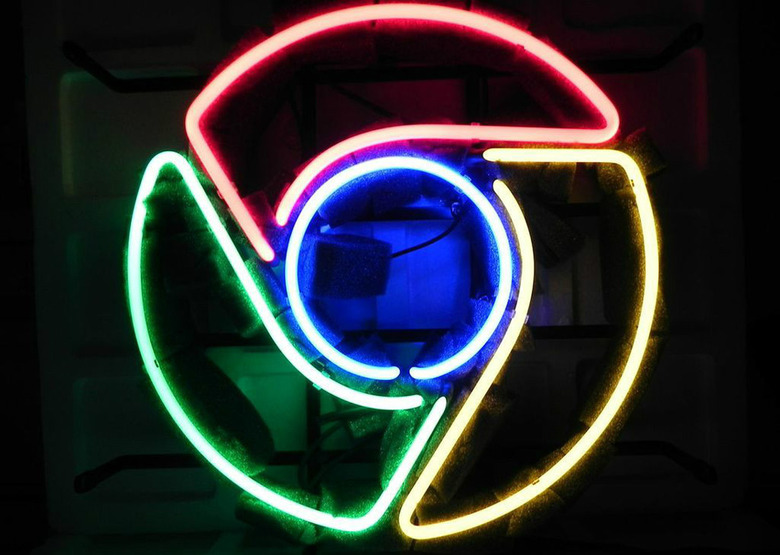New Chrome 57 Update Will Finally Stop Google's Browser From Melting Your CPU
According to data from market research firm Net Applications, Google's Chrome web browser is the most popular desktop browser in the world by a substantial margin. At last count, Chrome's global market share sat at 58.53% in February, up slightly from 57.94% in the prior month. The #2 browser in the world, Microsoft's Internet Explorer, fell about half a point to 19.17% in February, and Firefox inches downward to 11.68% in the #3 spot.
Chrome has plenty of advantages over rival browsers, which is why it has become so popular over the years despite Microsoft's clear advantage — the company's Internet Explorer and Edge browsers ship on every PC sold that runs Windows. Of course, Chrome still has its fair share of issues despite its popularity, and a new update released on Tuesday night addresses users' biggest complaint.
"Efficient power usage is an important aspect of speed, one of Chrome's key pillars," Google's Alexander Timin wrote in a post on the company's Chromium blog. "To prolong battery life, Chrome should minimize power impact from things users can't see. This includes background tabs, which consume a third of Chrome's power usage on desktop. Starting in version 57, Chrome will throttle individual background tabs by limiting the timer fire rate for background tabs using excessive power."
As anyone who uses the Chrome web browser can attest to, the software can be something of a resource hog when multiple tabs are open in the background. There is perhaps no desktop application that causes more PC fans to kick on around the world than Chrome. That may now come to an end, however, as Chrome 57 marks the start of more effective background tab throttling that puts better limits on resource utilization.
"Chrome has focused on improving the user experience by throttling tab performance for many years," Timin wrote. "Like many browsers, Chrome has limited timers in the background to only run once per second. Via the new throttling policy, Chrome 57 will delay timers to limit average CPU load to 1% of a core if an application uses too much CPU in background. Tabs playing audio or maintaining real-time connections like WebSockets or WebRTC won't be affected."
The Google engineer noted that Chrome 57's new background tab throttling mechanism typically results in 25% fewer busy tabs running in the background.
